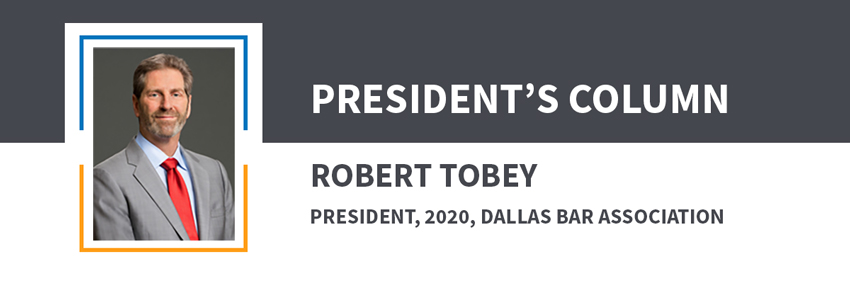
Since 2016, people have been talking about the 2020 general election as “the most important election of our lives.” Well, it is almost here. Even at the start of this year, no one would have dreamed this election would occur against the backdrop of a global pandemic and resulting chaos. We have seen pitched battles over the merits of mail-in ballots, the sufficiency of allotted polling places, and even the number of poll workers and election observers—all with an eye toward the threats posed by COVID-19.
Voting participation in the United States is near the bottom of the world’s democracies. In the 2016 general election, only 64% of eligible voters were registered and only 56% of eligible voters participated. Only one-third of eligible voters between the ages of 18 and 29 vote. Contrast this turnout rate with Belgium (87.2%), Sweden (82.6%), Denmark (80.3%), Australia (79%), South Korea (78%), Israel (76%), and Hungary (72%), and it is clear we have a problem—especially among Millennials.
Voter participation is even lower in state and local elections. In the 2018 midterm elections, 50% voted nationwide and 46.3% voted in Texas. The 46.3% voter participation rate in Texas was in the bottom half of the states. Interestingly, the 46.3% turnout rate represented an 18% increase from the 2014 midterm election, where our turnout was almost the lowest in the country. Local elections for mayor, city council, and school board seats often have voter-participation rates in the single digits.
These poor voter-participation statistics are startling as we reflect on two major anniversaries this year: the 150th anniversary of the ratification of the Fifteenth Amendment (guaranteeing that the right of United States citizens to vote shall not be denied on account of race, color, or previous condition of servitude) and the 100th Anniversary of the ratification of the Nineteenth Amendment (granting women the right to vote). Through our programs with Eric Foner on the Reconstruction Amendments and Nina Totenberg on the Nineteenth Amendment, we got an understanding of the struggles and bloodshed that went into getting these amendments ratified—and how those struggles continue even today.
So why is turnout so low? Many people say they are so disgusted with all of the candidates and the process that they stay home on election day. Others say their vote doesn’t make a difference. In some instances, cultural issues play a role in the failure to vote. But people need to understand that voting is the pathway to having a true voice in the direction of our country, state, and city.
As lawyers, we must be leaders in the efforts to educate eligible voters and get them to the polls. This year, we joined with March to the Polls (www.marchtothepolls.org) and the League of Women Voters (https://my.lwv.org/texas/get-out-vote-0) to educate and register high school and community college students to vote. Unfortunately, those efforts were hampered by the pandemic. But I hope the DBA continues to pursue this effort in the future. If young people in this country get into the habit of not voting, that does not bode well for the future of our country.
We also must be leaders in ensuring that all eligible voters who are registered have the opportunity to exercise their right to vote. On November 3, the DBA and its sister bar associations will support voter protection efforts. Please let me know if you want more information about this effort or wish to volunteer.
The bottom line is that we as lawyers know and understand the privilege that we have to vote and the importance of participating in the process. We need to make sure that we lead not only by example but also by spreading the word to others about our fundamental right to vote. Regardless of the outcome on election day, we all need to do what we can to pull this country together!
Robert
